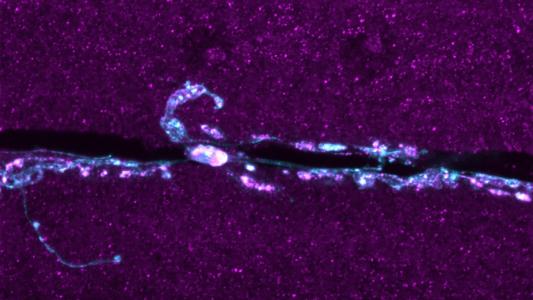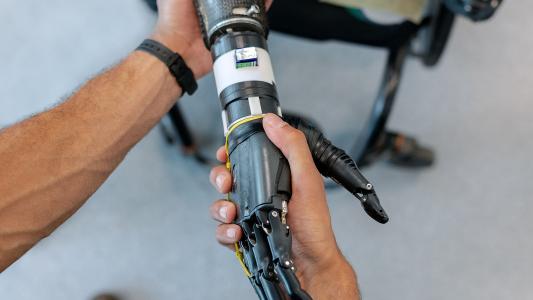Brain
The 5-hour rule: How to turn a wasted day into a successful one
The 5-hour rule asks us to devote at least one hour a day to learning, experimenting, and reflecting. Here's how to make it work for you.
Crows are self-aware just like us, says new study
Crows and the rest of the corvid family keep turning out to be smarter and smarter. A corvid's pallium has more neurons than a great ape's.
Potential cause of unexplained epilepsy cases uncovered
University of Arizona researchers have uncovered a protein that might be behind some epilepsy cases with currently unknown causes.
After death, you’re aware that you’ve died, say scientists
How can we know that we're dead after we die? Some evidence attributes a certain neurological phenomenon to a near death experience.
Psychedelic research returns to Veterans Affairs
After decades, the Department of Veterans Affairs is once again investigating psychedelic therapies.
Two FDA-approved drugs may improve Alzheimer’s symptoms
A retrospective study found that Alzheimer’s symptoms improved in patients who took two FDA-approved drugs that treat psychiatric disorders.
Yale study of DMT for depression is encouraging
Yale researchers have conducted a small study finding DMT is safe and tolerable enough for more research.
Discovery reveals how scary memories stick
Researchers believe they may have discovered the mechanism behind fear’s sticking power in our memory.
Magnetic robot can save lives after a brain hemorrhage
Researchers have developed a microbot-containing, magnetically controlled catheter for removing blood from brain hemorrhages.
Is our world ready for mind-controllable robotic body parts?
Advanced neuroprosthetics are here, and they could hook our brains into the Internet of Things.









